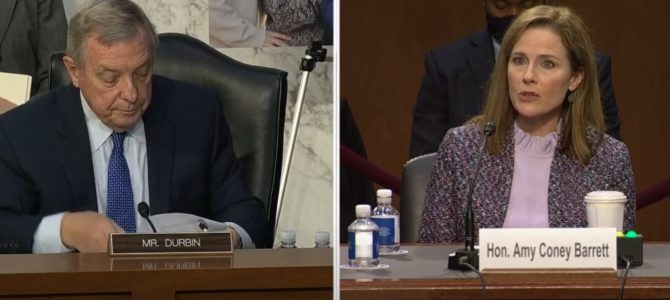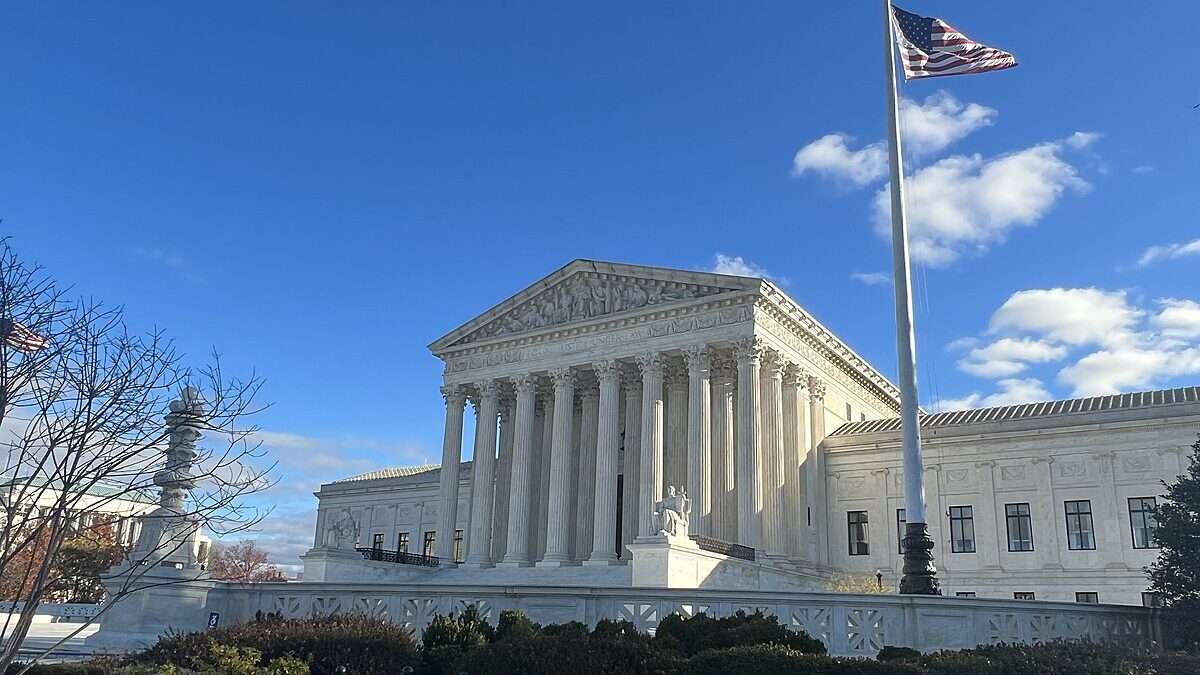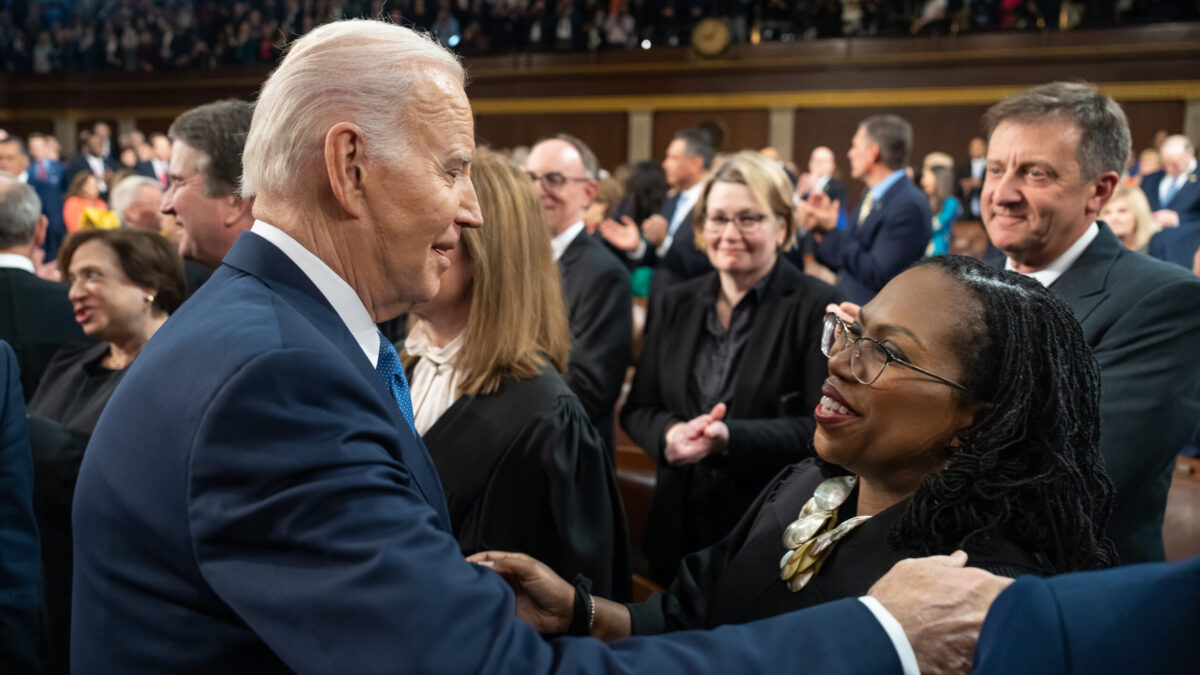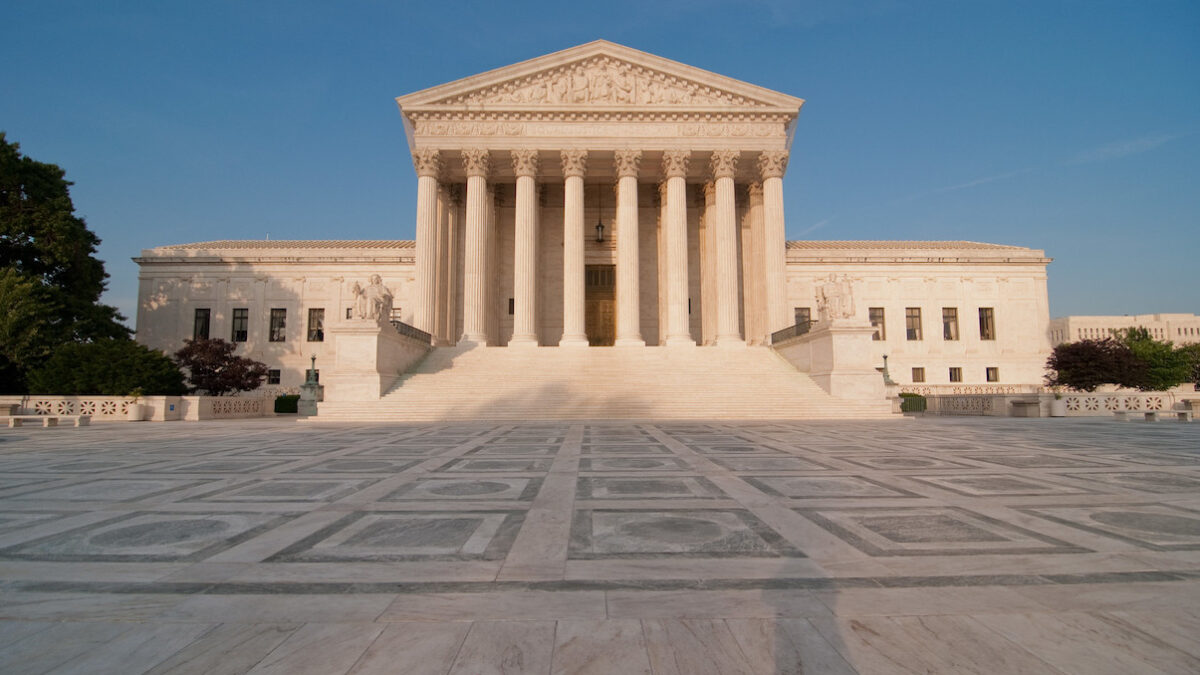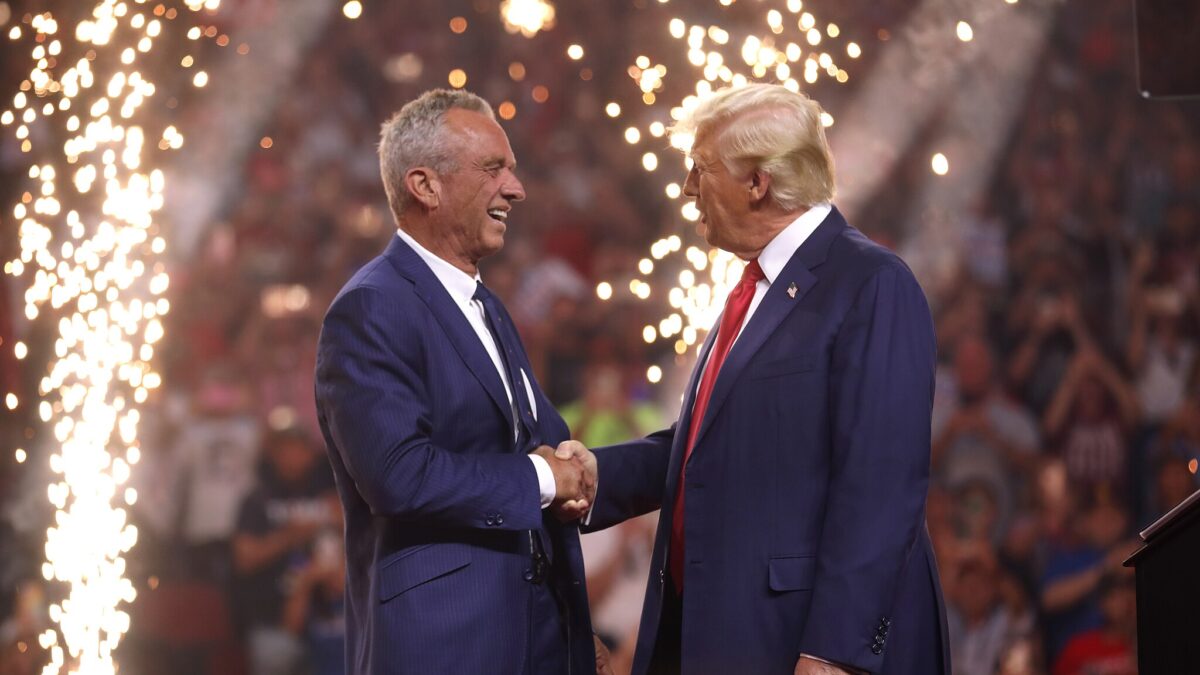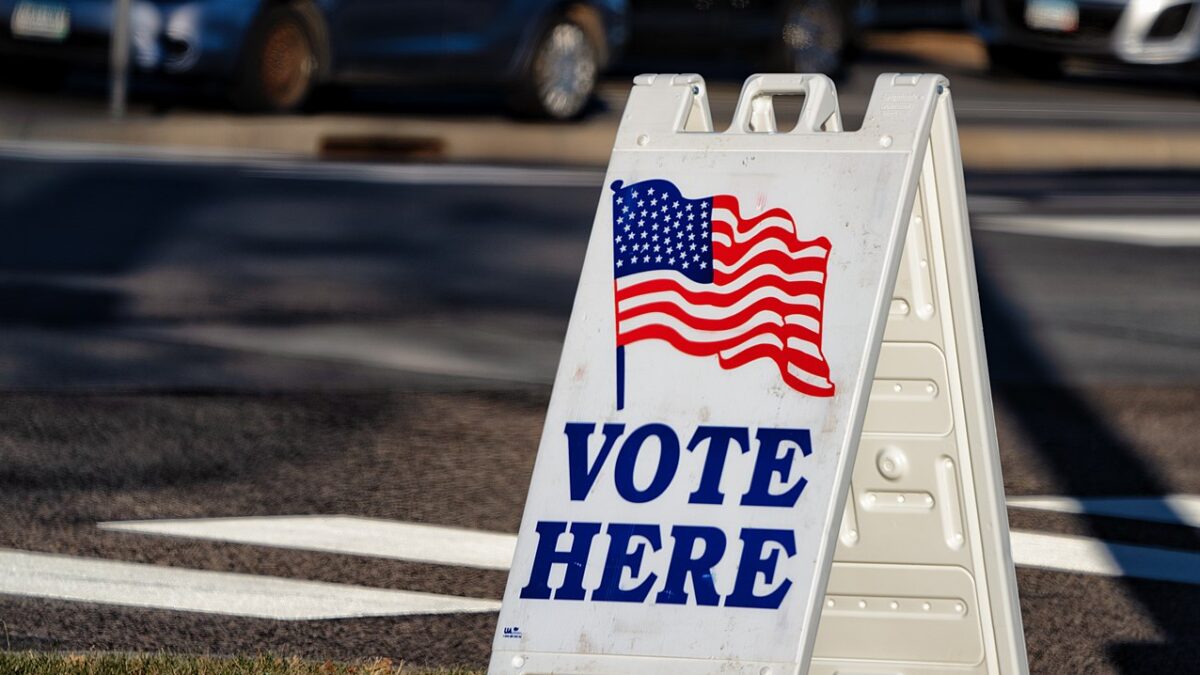Supreme Court nominee Amy Coney Barrett corrected Illinois Democratic Sen. Dick Durbin multiple times throughout day three of her testimony Wednesday while the senator repeatedly misconstrued the federal judge’s prior rulings.
At the onset of his questioning, Durbin recited Barrett’s earlier testimony given during Sen. Diane Feinstein’s questioning where the California Democrat accused Barrett of preparing to allow the president to unilaterally delay a general election.
Durbin repeated Barrett’s answer that she did not want to provide “off-the-cuff answers like a pundit but rather approach matters with an open mind.”
“Is that still your response?” Durbin asked.
“I’ve given that response to every hypothetical that I’ve been asked in the hearings,” Barrett explained, for probably the hundredth time since the hearings began on Monday to comply with the “Ginsburg Rule” where Supreme Court nominees give no preview on how they might rule on the high bench on specific cases.
“I do that regardless of whether it’s easy or hard … I do that because it would be inappropriate for me to make a comment and I don’t think I’ve answered any legal hypotheticals in keeping with the Justice Ginsburg rule.”
Durbin pressed further, changing the question to a bizarre inquiry on whether the president has the right to deny any person the right to vote based on their race.
“Obviously there are many laws in effect,” Barrett explained to the Georgetown Law School graduate, that protect the citizen’s right to vote, such as the Equal Protection Clause, the 13th Amendment, the 14th Amendment, and the 15th Amendment.
When Durbin asked the question again, Barrett gave the same answer.
“I don’t know how else I can say it,” Barrett said. “You’ve asked a couple of different questions about what the president might be able to unilaterally do and I really think that I really can’t say anything more than I’m not going to answer hypotheticals.”
Moments later, Durbin tried to frame Barrett as declaring the right to vote a second-class right.
“You concluded that any felony can take away your right to vote, but only a violent felony can take away your right to purchase an AK-47,” Durbin said. “Why?”
“That’s distorting my position,” Barrett said.
What I said in that case, which is what Heller said and which is convention in all discussions of this to my knowledge is that the right to vote is fundamental, however it is an individual fundamental right that we possess, but we possess it as part of our civic responsibility for the common good. The same thing is true for the example of jury service. Whereas individual rights, and this is again a distinction that’s drawn in case law: individual rights benefit more the individual … Heller had nothing to do with the right to vote.
